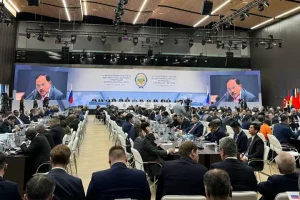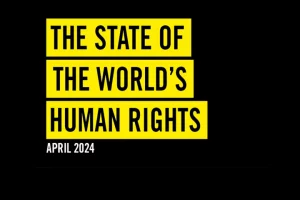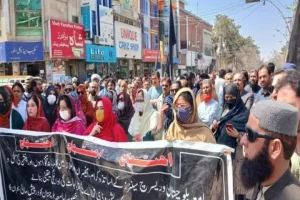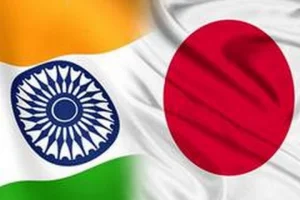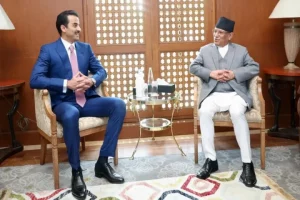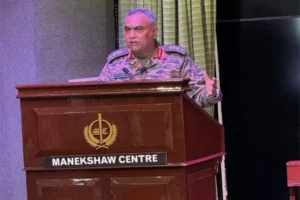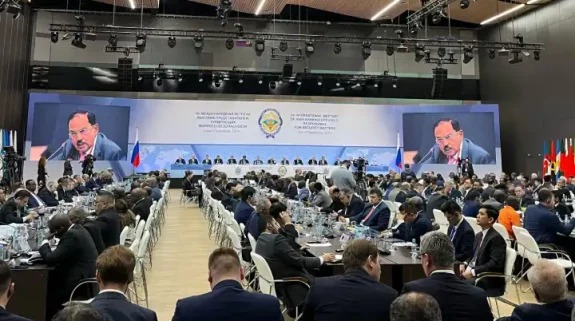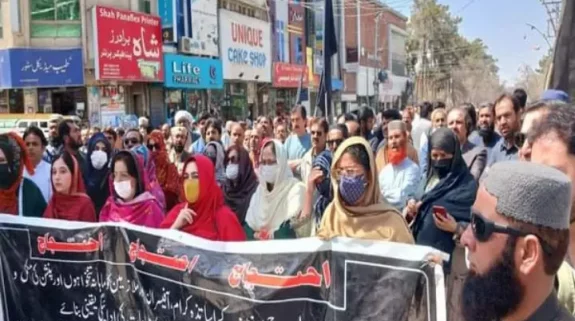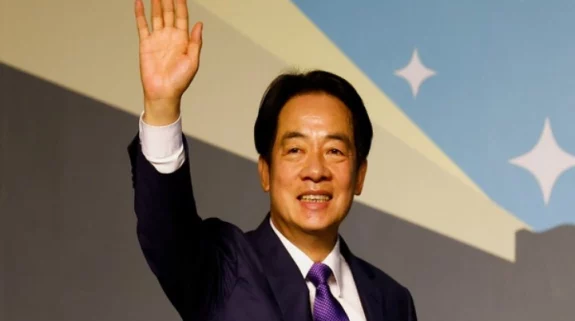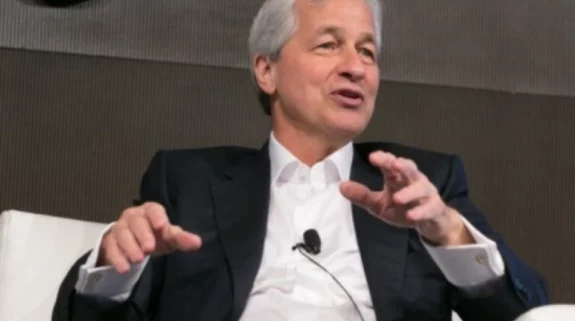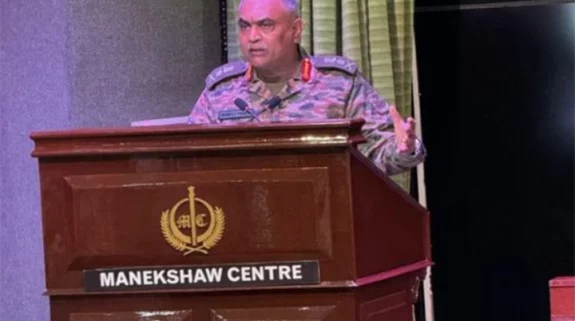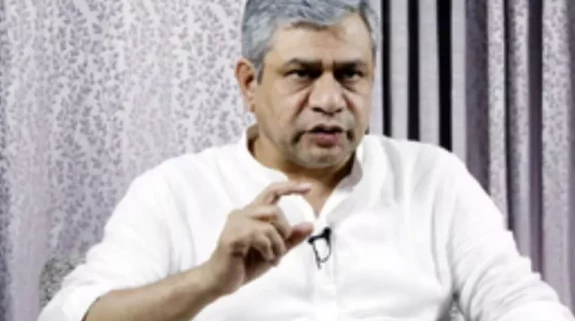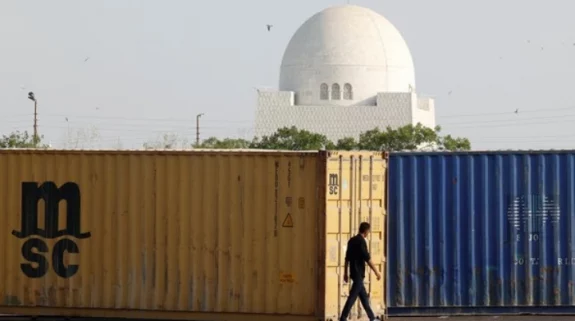Under the international human rights law, the principle of non-refoulement guarantees that no one should be returned to a country where they would face torture, cruel, inhuman or degrading treatment or punishment and other irreparable harm. This principle applies to all migrants at all times, irrespective of migration status.
However, Turkey has gone on a 'deportation spree' during the trying times of Covid-19 pandemic, rounding up over 7,000 Afghan refugees — who had fled to escape conflict and the worst excesses of the Taliban — and sending them back to war-torn Afghanistan in the last few months.
Amnesty International has revealed how detainees have been pressured to sign documents (presumed to be voluntary repatriation forms) written in Turkish, a language refugees are unable to understand, and forced back to danger.
The human rights organization spoke to several Afghan men and women who've been forcibly detained in various camps, like the one at Duzici in the foothills of the Nur Mountains.
"They don't say to us that we will be deported—they say nothing—they invite people to their offices and they take their fingerprints. The paper is only written in Turkish — we can't read it. I will never sign that paper, even if they kill me," said Farhad (name changed), a 23-year-old lawyer from Baghlan province in north Afghanistan, who had travelled to Turkey by foot after fleeing forcible recruitment by the Taliban. He was apprehended at the border and had spent around 24 days in detention and has been denied access to national asylum procedures.
<img class="wp-image-15342 size-full" src="https://indianarrative.com/wp-content/uploads/2020/09/660cb600ef78c8409a0dd2b0c7f00325.jpg" alt="" width="2000" height="1333" /> Photo taken on September 9, shows the site of a bomb attack in Kabul, capital of Afghanistan. At least 10 people were killed and 15 others wounded in a bomb attack that struck the convoy of Afghan First Vice-President Amrullah Saleh in Kabul during morning rush hour. The Afghan Independent Human Rights Commission (AIHRC) has said that in the first week since the start of the peace talks in Doha on September 12, 19 civilians were killed and 45 others wounded (Photo by Rahmatullah Alizadah/Xinhua/IANS)The 42-year-old Ghodrat from Kandahar province was deported to Kabul from Turkey's western Izmir province in mid-April. He told Amnesty that he and his family refused to sign a paper which they didn't understand, but were nonetheless forced back to Afghanistan.
"The police gave us a sheet to sign, and I refused to sign it. I cried—I was so devastated. We left Afghanistan in the hope of meeting UN people — we thought they would help us. Kandahar is not safe, especially for young children. I thought if I sell everything I had, which isn't much, I could go to Turkey and register with the UN," says the father of five children.
While the Turkish authorities have claimed that all these returns are voluntary, stories narrated by the likes of Farhad or Ghodrat, and hundreds of others, provide a completely opposite picture.
<h3><span style="color: #ff0000;"><strong>ALSO READ:</strong></span></h3>
<a href="https://indianarrative.com/world/muslims-should-beware-of-caliph-erdogans-bait-and-evil-designs-13862.html"><span style="color: #000080;"><strong>Muslims should beware of Caliph Erdogan’s bait and evil designs</strong></span></a>
<a href="https://indianarrative.com/world/erdogan-government-in-turkey-undermines-womens-rights-12932.html"><span style="color: #000080;"><strong>Erdogan government in Turkey undermines women’s rights</strong></span></a>
<a href="https://indianarrative.com/world/a-lawyer-left-to-die-in-turkey-11685.html"><span style="color: #000080;"><strong>A lawyer left to die in Turkey</strong></span></a>
<a href="https://indianarrative.com/world/covid-19-out-of-control-but-erdogan-wants-to-create-a-greater-turkey-10903.html"><span style="color: #000080;"><strong>Covid-19 ‘out of control’ but Erdogan wants to create a ‘Greater Turkey’</strong></span></a>
<a href="https://indianarrative.com/world/no-stopping-madman-erodgan-as-experts-warn-of-a-catastrophe-in-the-mediterranean-10759.html"><span style="color: #000080;"><strong>Erodgan adamant as countries warn of catastrophe in the Mediterranean</strong></span></a>
"The scale of this crackdown is extraordinary. In recent weeks the Turkish authorities have escalated a ruthless deportation drive which has seen thousands of Afghans rounded up, packed onto planes and returned to a warzone. Thousands more are in detention, being treated more like criminals than people fleeing conflict and persecution," said Anna Shea, Amnesty International’s Researcher on Refugee and Migrants Rights.
"Afghans in Turkey have made hazardous journeys to escape even greater dangers at home, and forcing them back is both unconscionable and unlawful. Indiscriminate violence routinely claims scores of lives in Afghanistan and no part of the country is safe. There is no doubt that Turkey is under pressure – it has accepted huge numbers of refugees, mostly financed from its own budget – but these deportations will put lives at risk," she added.
Afghans are the second largest refugee population in Turkey after Syrians (around four million). The Turkish regime, led by President Recep Tayyip Erdogan who projects himself as the Messiah of Muslims, is currently constructing a 144 km-long wall along the Iranian border to stop influx of people seeking asylum. Most of the new arrivals from Afghanistan are detained and readied for deportation immediately.
Turkey has in the recent years been severely criticized for its deepening human rights crisis, especially under the rule of Erdogan.
"Turkey has experienced a dramatic erosion of its rule of law and democracy framework. Executive control and political influence over the judiciary in Turkey has led to courts systematically accepting bogus indictments, detaining and convicting without compelling evidence of criminal activity individuals and groups the Erdogan government regards as political opponents. Among these are journalists, opposition politicians, and activists and human rights defenders. The largest group was people alleged to have links with the movement run by US-based Sunni cleric Fethullah Gulen, whom the government accuses of masterminding the July 2016 coup attempt," observed the annual country report prepared by US-based Human Rights Watch..







